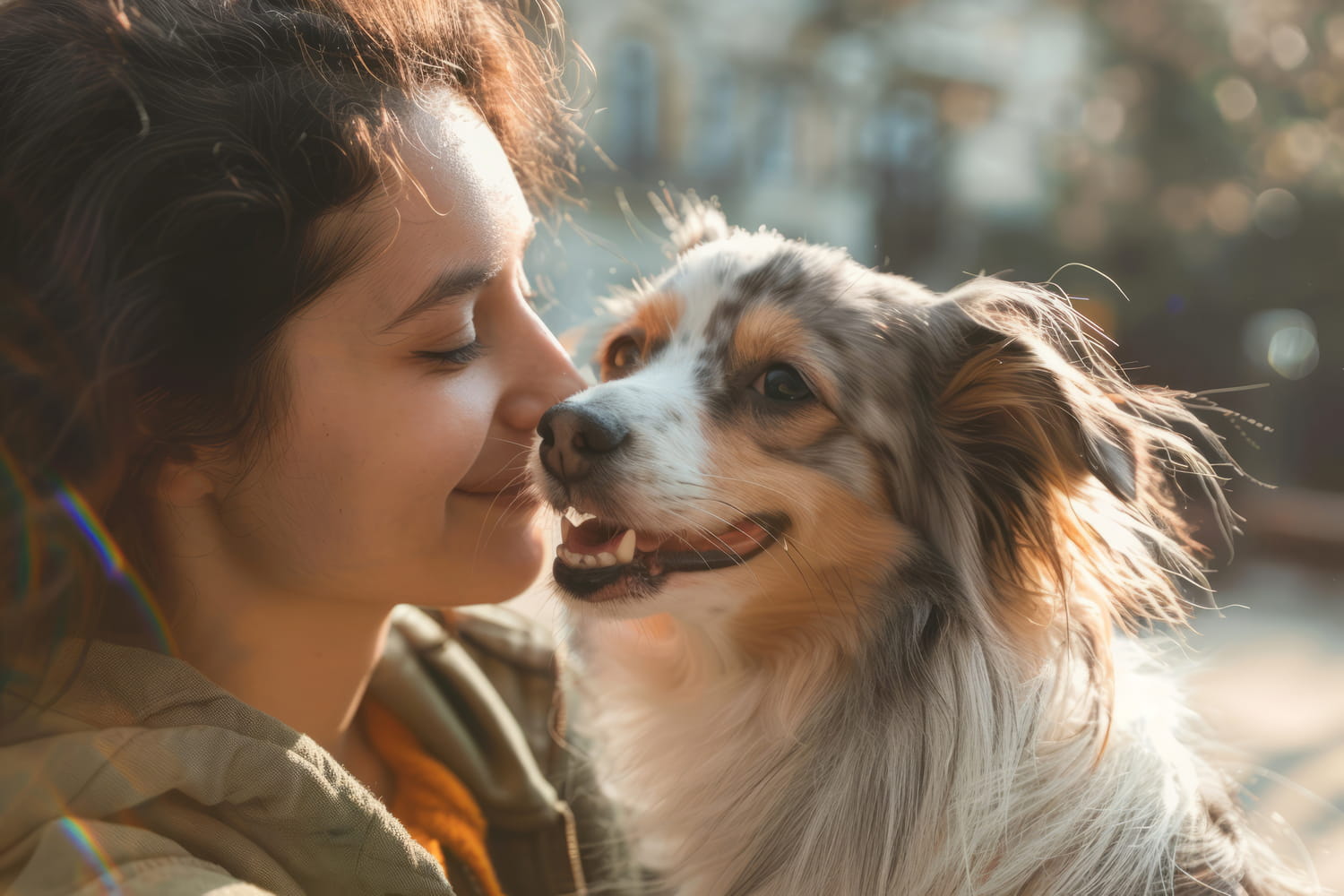They don’t speak, but they listen to us better than anyone.
In France, almost one in two households has a pet. “Our animal is a full member of the family”underlines psychologist Belinda Sellam. According to an Ipsos study for Santévet in October, 95% of French people who own an animal say that its presence has a positive impact on their mental health. Owners emphasize the calming power of their companion: 91% say that it relaxes them and reduces their stress, while 89% believe that it helps them fight against loneliness. Many have gotten into the habit of talking to him, telling him about their joys, their sorrows… Why? What does this mean according to psychology?
This phenomenon, more and more accepted, is explained firstly by the evolution of our view of animals which has “much opened in recent years” according to the psychologist. “Studies and associations have fought to have the status of an animal recognized as a sentient being”. This new perception naturally encourages us to interact more with them. Some people do it more easily. “Children are better able to talk to animals, precisely because there is not really this boundary between human and animal”she explains. This is also the case for elderly people who “exchange with them without expecting a return”. This provides appeasement, deep comfort, while enhancing “self-confidence and self-esteem”.
According to Belinda Sellam, if we talk to our little furry animals, it’s because “we feel understood, listened to and not judged”. In a society where we are constantly evaluated, we seek this reassuring listening, which comes from unconditional love. Better yet, “I would say that it is a mirror of emotion”. The animal feels and reflects our emotions, often even before we express them. This particular bond shows to what extent it is capable of capturing our inner states and responding to them with its presence and behavior. We will talk to our pet following a need for emotional release, for example when we are sad, without having to wear a social mask. “We can reveal ourselves as we are, without a mask, (…) and our animal will always love us just as much.”
Beyond a simple habit, speaking to animals is today recognized as a real therapeutic tool. This practice, called “animal mediation” or “zootherapy”, is used in hospitals and nursing homes to stimulate elderly patients. “I find it extraordinary that the animal now has this status of caregiver, of healer,” concludes the expert.
Thanks to Belinda Sellam, psychologist specializing in animal-mediated therapy with “Pas à pieds”.








